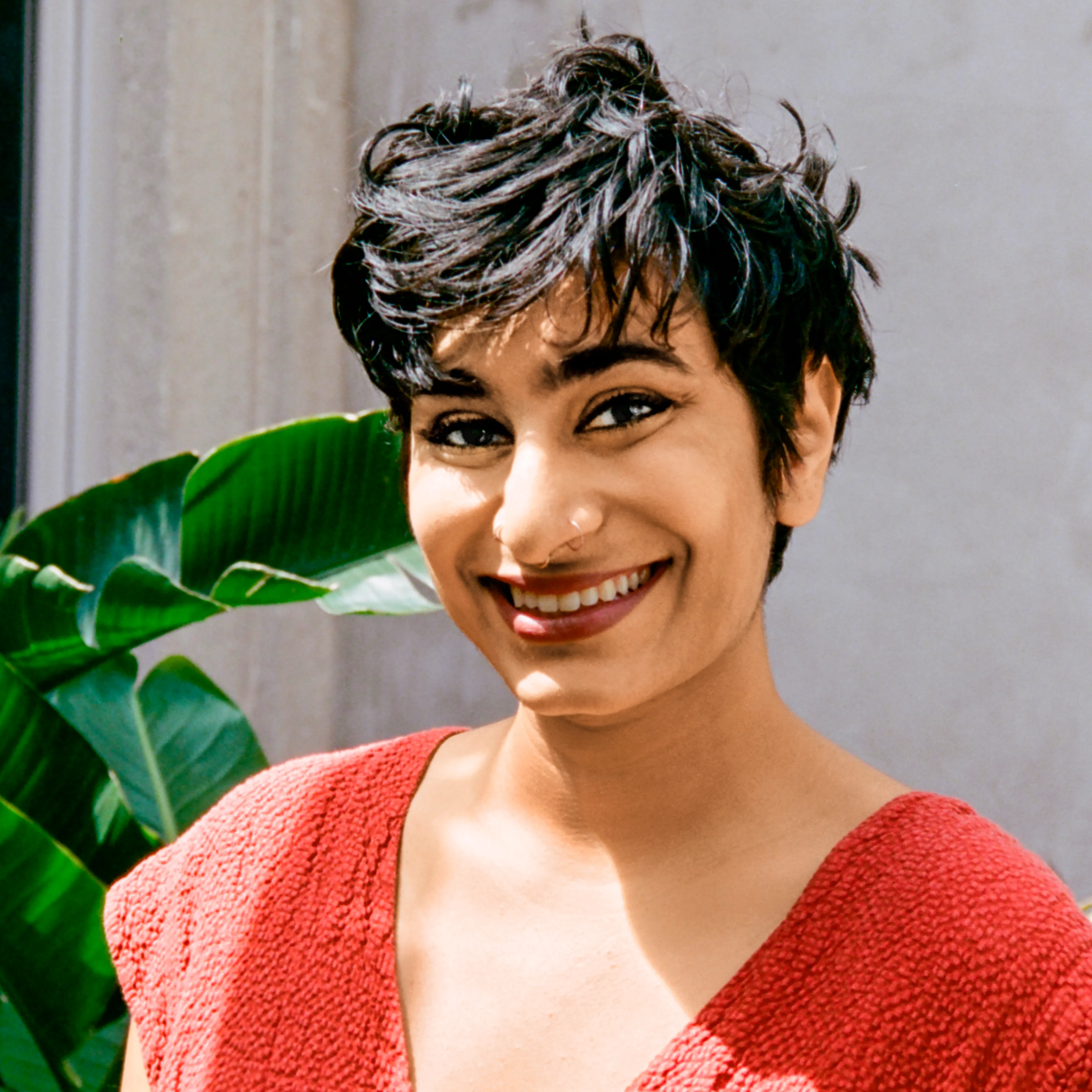Meaning: stranger, one without a home and thus, deserving of pity. Also: westerner.
on visits back your english sticks to everything.
your own auntie calls you ghareeb. stranger
in your family’s house, you: runaway dog turned wild.
like your little cousin who pops gum & wears bras now: a stranger.
black grass swaying in the field, glint of gold in her nose.
they say it so often, it must be your name now, stranger.
when’d the west set in your bones? you survive
each winter like you were made for snow, a stranger
to each ancestor who lights your past. your parents,
dead, never taught you their language—stranger
to everything that tries to bring you home. a silver sun
& blood-soaked leaves, everything a little strange
& a little the same—like the hump of a deer on the busy
road, headless, chest propped up as the cars fly by. strange
no one bats an eye. you should pray but you’re a bad muslim
everyone says. the Qur’an you memorized turns stranger
in your mouth, sand that quakes your throat. gag & ache
even your body wants nothing to do with you, stranger.
how many poems must you write to convince yourself
you have a family? everyone leaves & you end up the stranger.
Published:
2018
Length:
Regular
Literary Movements:
Contemporary
Anthology Years:
2023
Themes:
Bilingual
Family
Intersectionality & Culture
Poetic Form
Literary Devices:
Enjambment
a line break interrupting the middle of a phrase which continues on to the next line
Epigraph
a short quotation or saying at the beginning of a book or chapter, intended to suggest its theme
Ghazal
a short, lyrical poem that have five to 15 couplets, each one ending with the same word. Ghazals were originally used by Persian poets in Arabic verse.
Metaphor
a comparison between two unrelated things through a shared characteristic
Simile
a comparison between two unlike things using the words “like” or “as”

